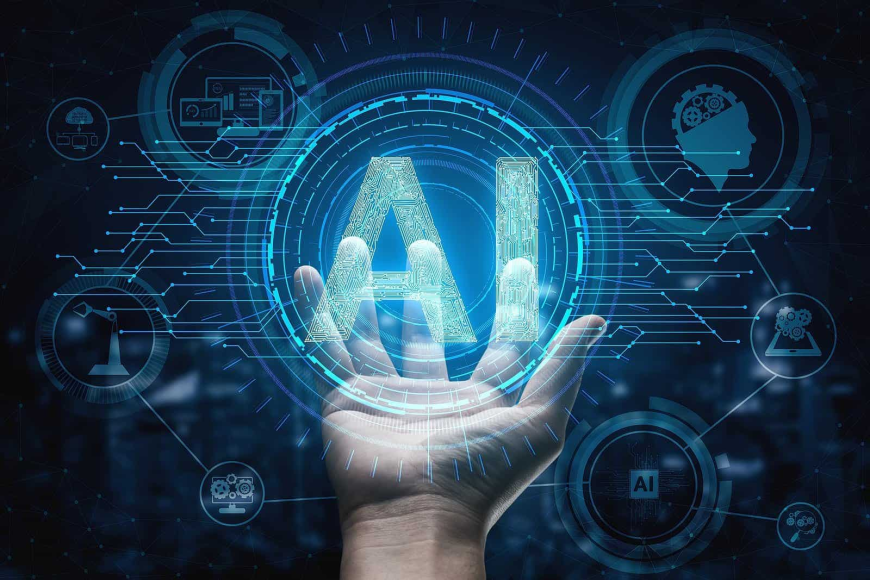Understanding Artificial Intelligence: A Comprehensive Overview

What is Artificial Intelligence?
Artificial Intelligence (AI) refers to the simulation of human intelligence in machines programmed to think and learn like humans. This technology encompasses various subfields, including machine learning, natural language processing, and robotics, enabling computers to perform tasks that typically require human intelligence. AI can analyze data, recognize patterns, and make decisions, which has led to its adoption in various industries. The evolution of AI has progressed through several phases, from rule-based systems to advanced neural networks, enabling machines to learn from vast datasets without explicit programming. As AI continues to develop, its applications expand, encouraging both excitement and concern about its impact on society and the workforce. Artificial Intelligence Market size is estimated to reach a valuation of USD 3819.2 Bn by the year 2034, at a CAGR of 28.3% during the forecast period 2025-2034.
The Different Types of AI
AI can be classified into three main categories: Narrow AI, General AI, and Superintelligent AI. Narrow AI, also known as Weak AI, is designed for specific tasks, such as voice recognition or playing chess, and operates under predefined parameters. General AI, or Strong AI, aims to perform any intellectual task a human can do, possessing broad cognitive abilities. Although still theoretical, Superintelligent AI would surpass human intelligence and capabilities. Currently, most AI applications fall under Narrow AI, powering systems like virtual assistants, recommendation algorithms, and autonomous vehicles. Understanding these categories helps in grasping the potential and limitations of AI as it advances towards more generalized forms of intelligence.
Applications of AI in Everyday Life
Artificial Intelligence is increasingly integrated into daily life, enhancing efficiency and convenience across various sectors. In healthcare, AI algorithms assist in diagnostics, treatment recommendations, and personalized medicine, improving patient outcomes. In finance, AI-powered chatbots provide 24/7 customer service, while predictive analytics identify market trends and manage risks. Retail industries use AI for inventory management and personalized marketing strategies, tailoring experiences to individual preferences. Moreover, smart home devices learn users' routines to optimize energy usage and security. As AI technology evolves, its applications will expand, fundamentally transforming how we interact with the world and enhancing quality of life through smarter solutions.
The Ethical Implications of AI
As Artificial Intelligence grows, ethical considerations surrounding its development and implementation become crucial. Issues such as privacy, bias, and accountability are at the forefront of discussions in the AI community. Algorithms can perpetuate or exacerbate existing biases if trained on skewed datasets, leading to unfair treatment in areas like hiring or law enforcement. Furthermore, concerns about data privacy arise as AI systems often require extensive personal information to function optimally. The lack of accountability in automated decision-making raises questions about responsibility when AI systems cause harm or make errors. Addressing these ethical implications is essential to ensure that AI technologies are developed and applied responsibly and fairly, fostering public trust and societal acceptance.
The Future of Artificial Intelligence
The future of Artificial Intelligence is characterized by rapid advancements and increasing integration into everyday life and industries. Predictions suggest AI will drive significant innovations in fields such as healthcare, transportation, and education, leading to enhanced decision-making and productivity. Emerging technologies like quantum computing may further accelerate AI capabilities, enabling the processing of complex problems previously beyond reach. However, this future also raises concerns about job displacement, security, and ethical governance in AI applications. As society navigates these challenges, it is crucial to develop frameworks that balance innovation with safety and equity. Ultimately, the trajectory of AI will significantly shape our world, presenting both opportunities and obstacles that require careful consideration.
